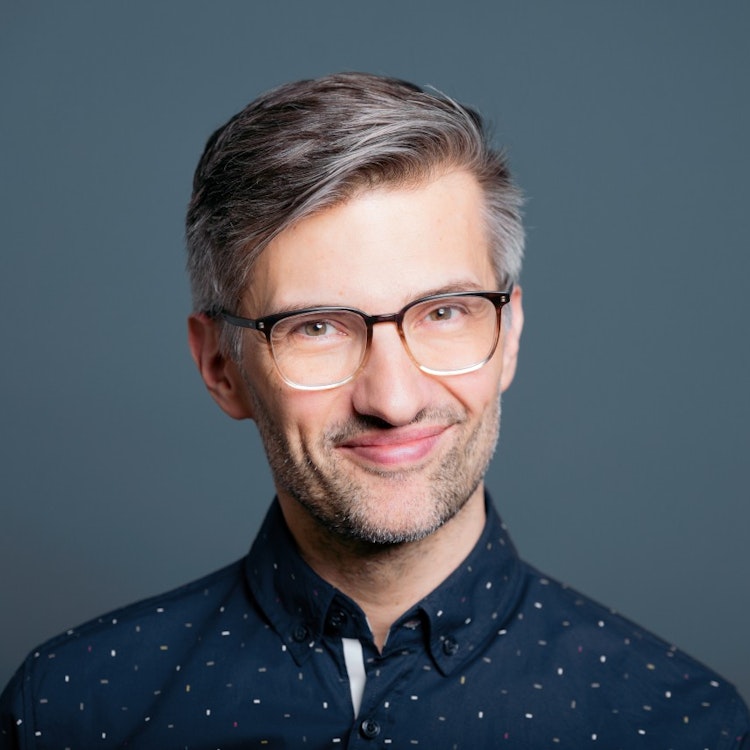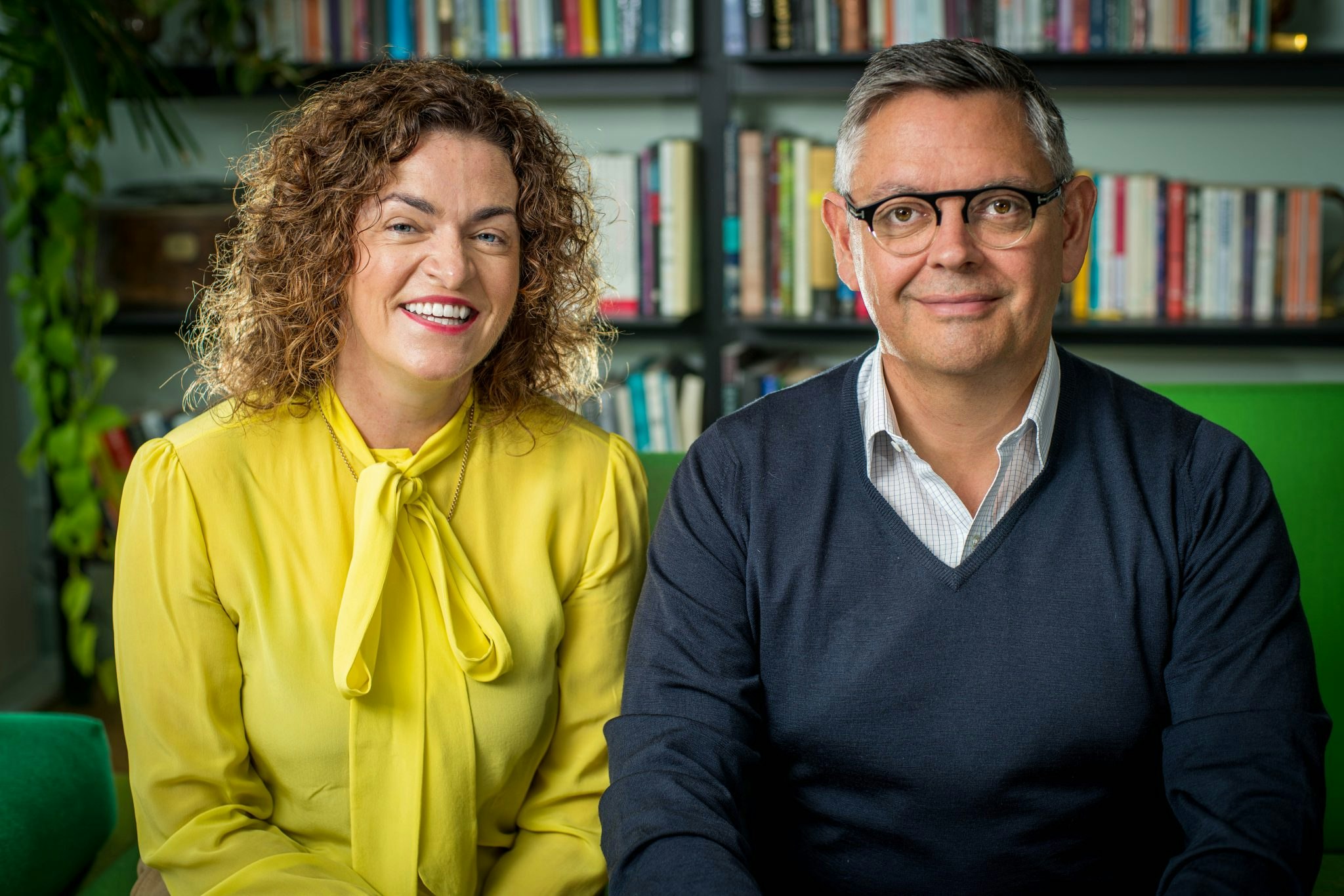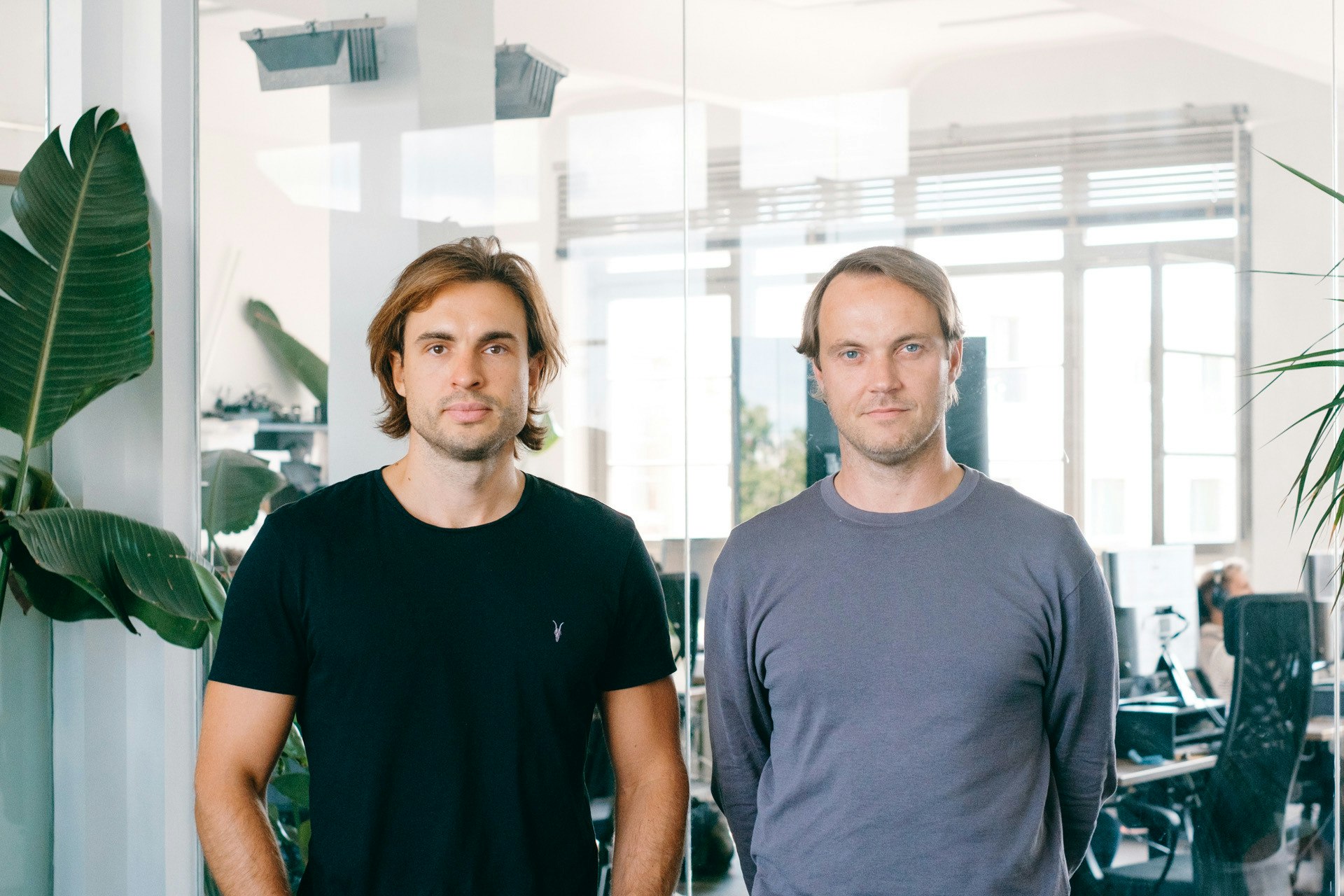German VC firm World Fund burst onto the scene in late 2021 with the announcement that it was raising Europe’s largest climate fund of €350m. At a time when the region still had few large specialist climate funds, it was a huge amount.
Two years on, the fund is still fundraising, having not yet reached its target. But one of its general partners says the fund has already backed 13 companies, with 2 more in the pipeline.
“I would say it’s even the perfect time to invest,” says Danijel Višević, founding partner.
Despite tech funding being down overall, the share of climate tech investments in VC has more than doubled from 15.1% to 32.1% in the last three years, according to Dealroom data. World Fund’s most valuable portfolio company is Finnish scaleup IQM Quantum Computers; it led a €128m round into the company in 2022.
Europe is a world leader when it comes to developing climate technology, with the continent bagging 28% of the world’s patents for low-carbon energy inventions over the past decade. But with a dearth in later-stage funding, startups are in desperate need of larger sums of capital to push past the “Series B death zone”, as Višević puts it.
The €350m fund size is necessary to have enough capital to follow-on on its investments in the later stages. World Fund will invest in 30 companies from seed up to Series B and beyond, with 70% of the fund saved for follow-ons.
Višević declines to say how much the fund has raised so far but says it is still on track to close next year as expected: “We knew we would need on average three to four years to raise a first-time fund,” he says.
Sifted sat down with Višević to discuss the challenges of raising a first-time climate tech fund, the technologies World Fund is looking to back and the opportunities for climate companies in Europe.
Getting institutional investors on board
Ahead of launching in 2021, World Fund knew it would need institutional investors on board to achieve its lofty target.
“The problem is that institutional investors need first-movers, they need to see a track record and portfolio. It’s a bit chicken and egg,” says Višević.
World Fund did a pre-closing of roughly €175m prior to announcing its launch, which mostly came from high-net-worth individuals such as Trivago cofounder Rolf Schrömgens, serial entrepreneur Verena Pausder and her husband Philipp Pausder.
What helped convince these early backers is the fact that the firm’s partners — Višević, Tim Schumacher, Daria Saharova and Craig Douglas — were career investors beforehand, whose combined portfolios of 76 investments have made 9 times the initial money put in. This has continued to be a selling point for LPs, says Višević.
With half the fund committed, World Fund went on to raise €50m from the European Investment Fund in December 2022. The EIF was originally sceptical about backing the fund, says Višević, but has turned into a “very helpful friend”.
World Fund also recently raised €50m from Germany’s state-backed LP KfW Capital — which is increasingly looking to invest in emerging managers — as well as the investment arm of a major national development bank, Ignitis Group, a Lithuanian renewables-focused integrated utility and a big German reinsurance company. Surprisingly, KfW Capital only needed four months for due-diligence.
Fundraising wasn’t a total walk in the park, however. “It became harder after the Silicon Valley Bank collapsed, which didn’t have a direct impact [on fundraising], but it led to a lot of hesitancy among institutional investors,” says Višević.
It also took a bit of “educating and explaining” to institutional investors that climate investments still perform well in an economic crisis, says Višević.
The opportunities in Europe
Višević acknowledges there’s a risk that European companies may end up fleeing to the US where there is more funding at the later stages and lighter regulatory rules. But he thinks there are still big opportunities for companies in Europe, “especially for the energy and battery space that you won’t have in the US”.
For example, electric battery companies can now benefit from the European Temporary Crisis and Transition Framework (TCTF), which offers grants of up to €50m. (Višević says World Fund wouldn’t have invested in CUSTOMCELLS, which produces lithium-ion battery cells, and Cylib, which has developed a method for recycling lithium-ion batteries, without the support of the TCTF.)
We don’t talk enough about what’s on offer in Europe. There is the IRA in the US — yes it’s a strong move — but in Europe we have the same, it’s just more fragmented
In Germany, there’s the €1bn deep tech and climate tech fund, the European Innovation Council accelerator offers grants for pre-seed and seed companies, and on a European level, huge funding is going towards quantum technologies and space tech.
“We don’t talk enough about what’s on offer in Europe. There is the IRA in the US — yes it’s a strong move — but in Europe we have the same, it’s just more fragmented.”
Collaboration between all those different sources of capital is evident in the cap table of IQM, for example. The quantum computing company was backed at seed by Finnish state-owned investor Tesi, alongside VCs, then it received a venture loan from the European Investment Bank and was part of a quantum project consortium that received funding from the German Federal Ministry of Education and Research (BMBF).
Assessing impact
Potential investments of World Fund must be able to show that they can reduce greenhouse gas emissions by at least 100 megatonnes of CO2 equivalent annually, which is about a seventh of Germany’s greenhouse gas emissions in 2022.
But this methodology is subjective. Quantum computing, for example, could be used as a tool to help develop climate solutions — World Fund says its assessment found quantum computing’s climate performance to be up to 600 megatons of CO2 emissions per year — but there are yet to be any real world applications of solutions aided by quantum computing.
Scale also matters. Only companies that serve “a big enough market” can realistically achieve World Fund’s carbon reduction target, says Višević.
World Fund is specifically looking at backing companies reimagining agriculture and food production and replacing fossil fuels. The latter includes the electrification of transport, renewable energy sources and also energy efficiency when it comes to buildings and the production of materials. Among World Fund’s portfolio companies are solar company Sunroof and Juicy Marbles, which makes plant-based filet mignon.
Update: This article was updated to make it clearer that KfW, among other investors, recently invested €50m into World Fund



